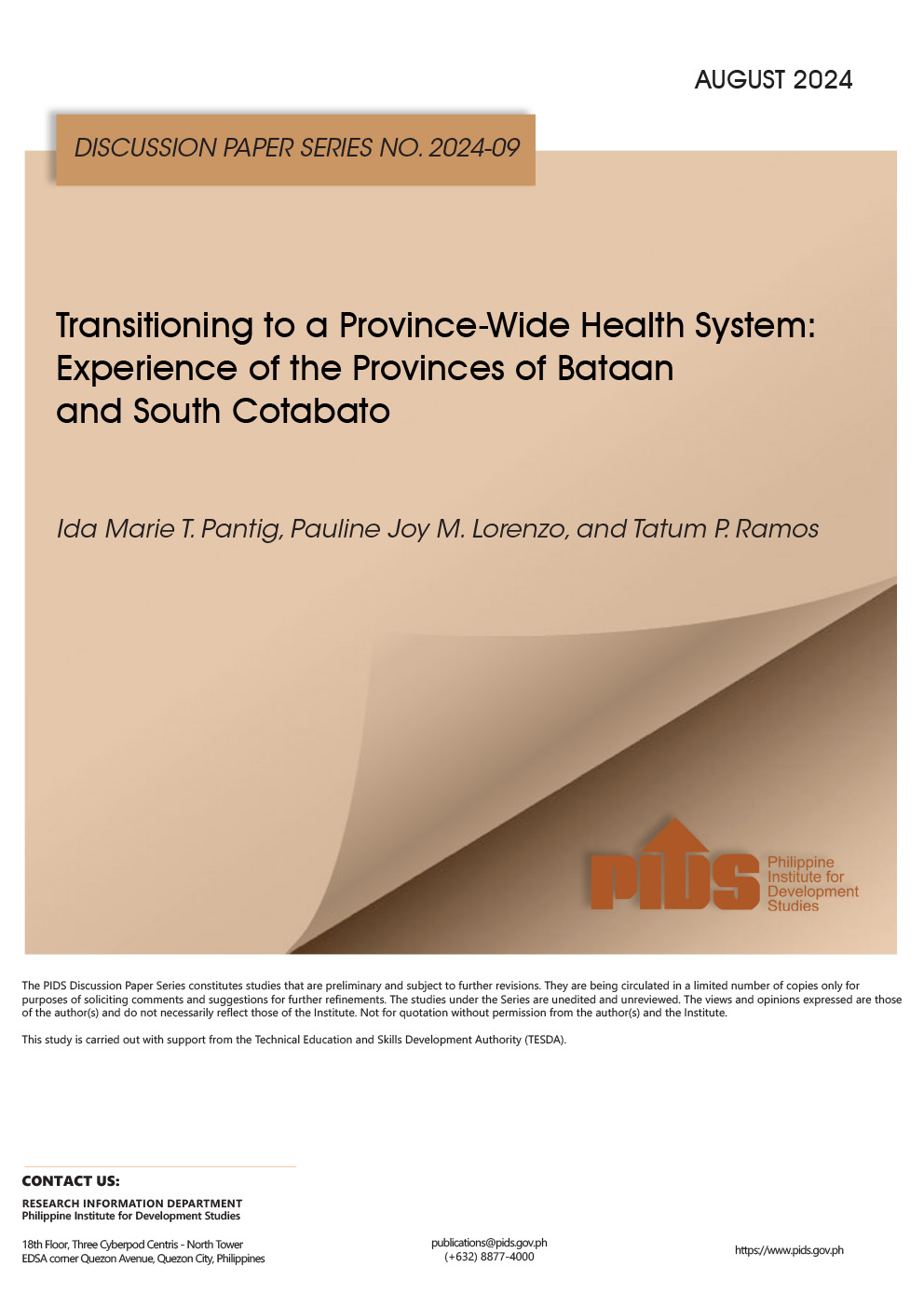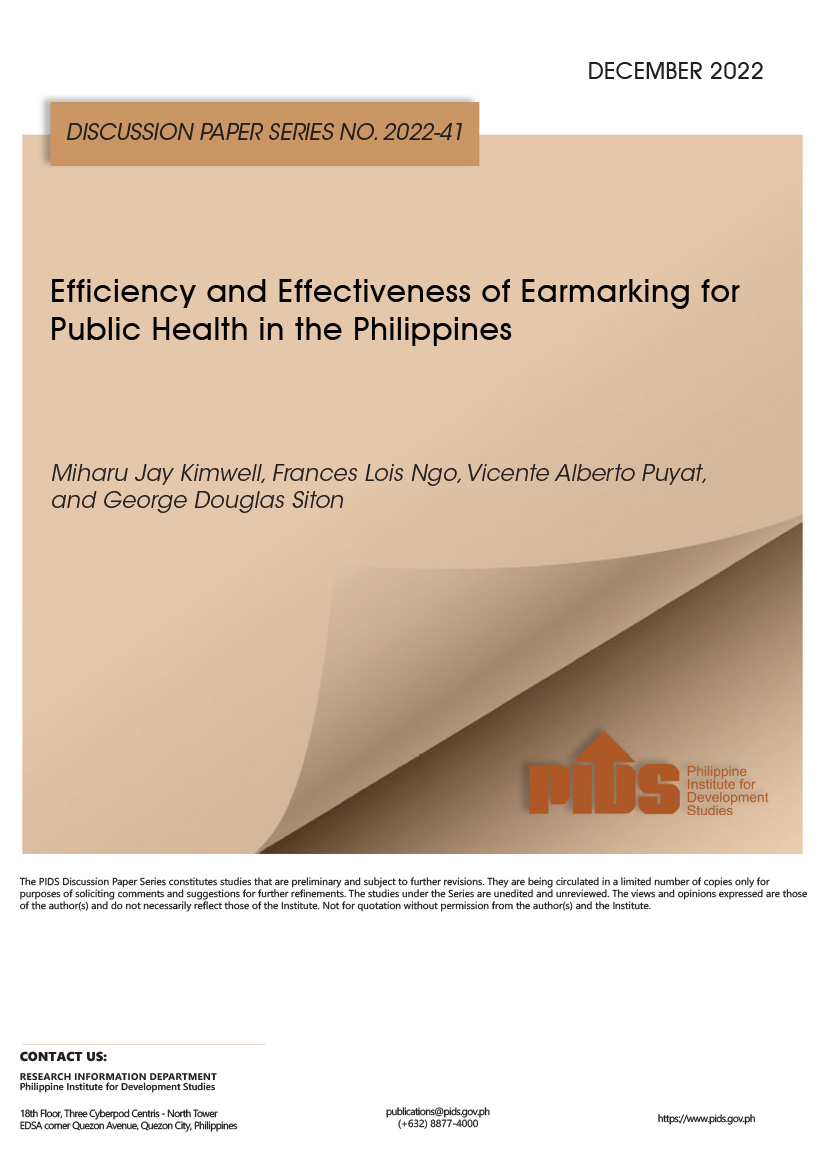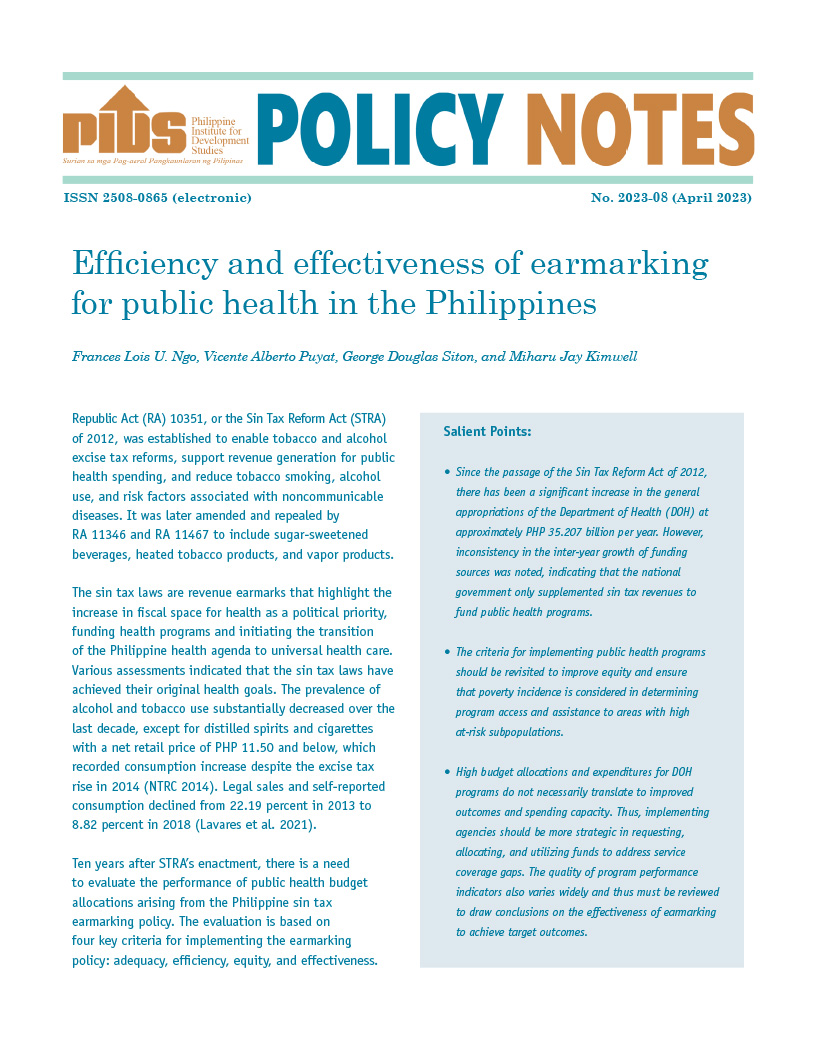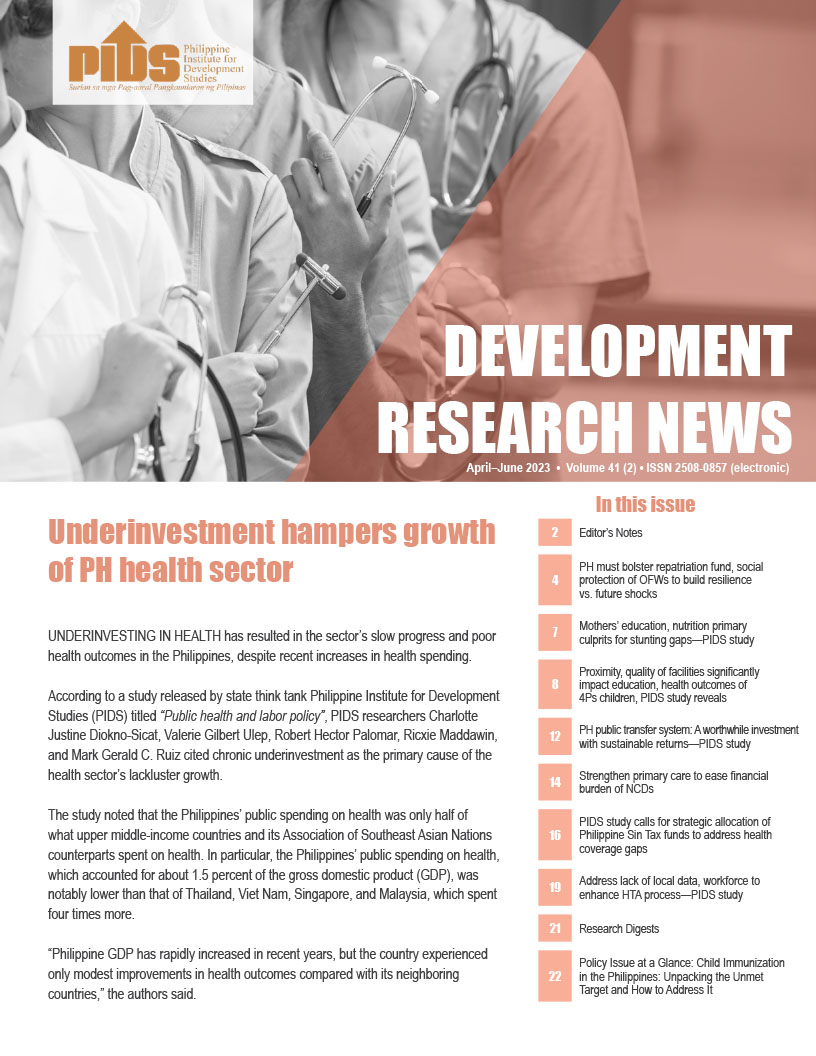The integration of different levels of local health systems into Province- or City-wide Health Systems (P/CWHS) in the Philippines is a reform that is designed to help the achievement of a responsive and efficient health system, financial and social risk protection, and better health outcomes. The majority of Universal Health Care Integration Sites (UISs) have already achieved the Key Result Areas (KRAs) for the Preparatory and Organized Levels. Using the case study approach, this study aimed to explore how local government units (LGUs) and other stakeholders have navigated through the transition process given existing policies and frameworks. It looked into the P/CWHS components and the experiences of the provinces of Bataan and South Cotabato in the integration process, and determined enabling and facilitating factors, innovations, and challenges. Enabling and facilitating factors include LGU initiative and appreciation of P/CWHS benefits; partnerships of provinces with national government agencies (NGAs), nongovernmental organizations (NGOs), development agencies, and private sector that provide technical and financial assistance; presence of legal instruments; and optimization of existing monitoring systems. LGUs have also carried out innovative practices such as documenting efforts during the initial stages and engaging development partners and NGOs that increase understanding of P/CWHS, help address challenging KRA and Health Care Provider Network (HCPN) requirements, and generally facilitate transition. Challenges have, nevertheless, been encountered. These obstacles include the limited awareness of the LGU roles and responsibilities, time and resource costs of requirements to fully integrate and transition, piecemeal understanding of P/CWHS and Universal Health Care (UHC) reforms among local leaders, lack of guidance on how the private sector can integrate, lack of technical assistance from the Central Office, and lack of interoperability of datasets from various health information systems of provinces. Given the findings, this study provides the following policy recommendations to scale up the integration efforts: ensure proper communication of accurate information to stakeholders; jumpstart discussions on private sector integration into the HCPN; implement, evaluate, and progressively enhance the financing reforms to be implemented; provide resources to augment LGU funding for transition requirements; and incorporate plans to ensure optimal participation of the population in the P/CWHS.
Comments on this paper are welcome within 60 days from the date of posting. Email publications@pids.gov.ph.













